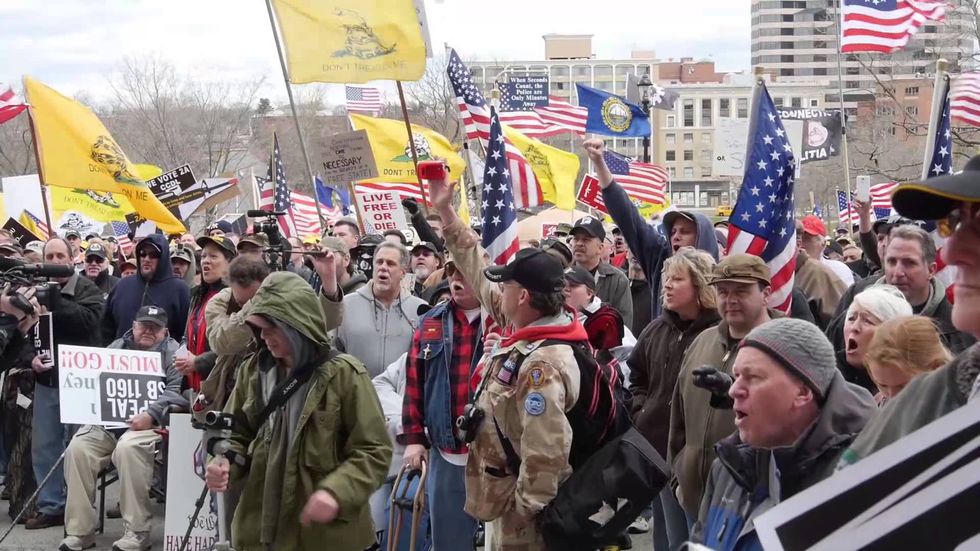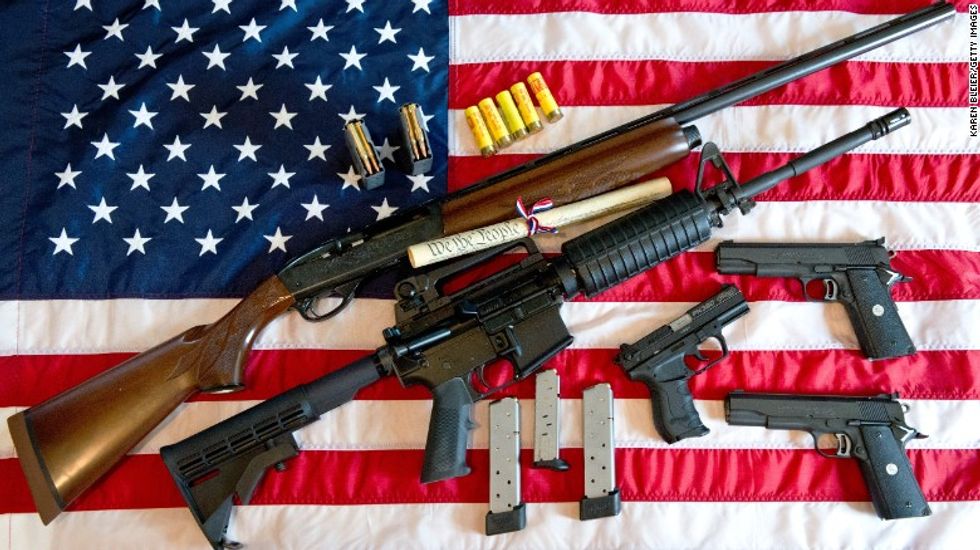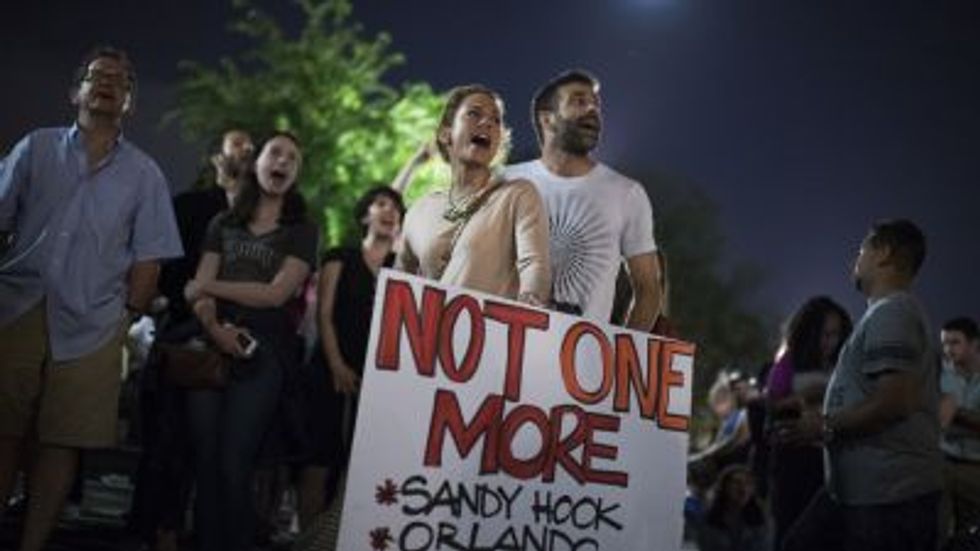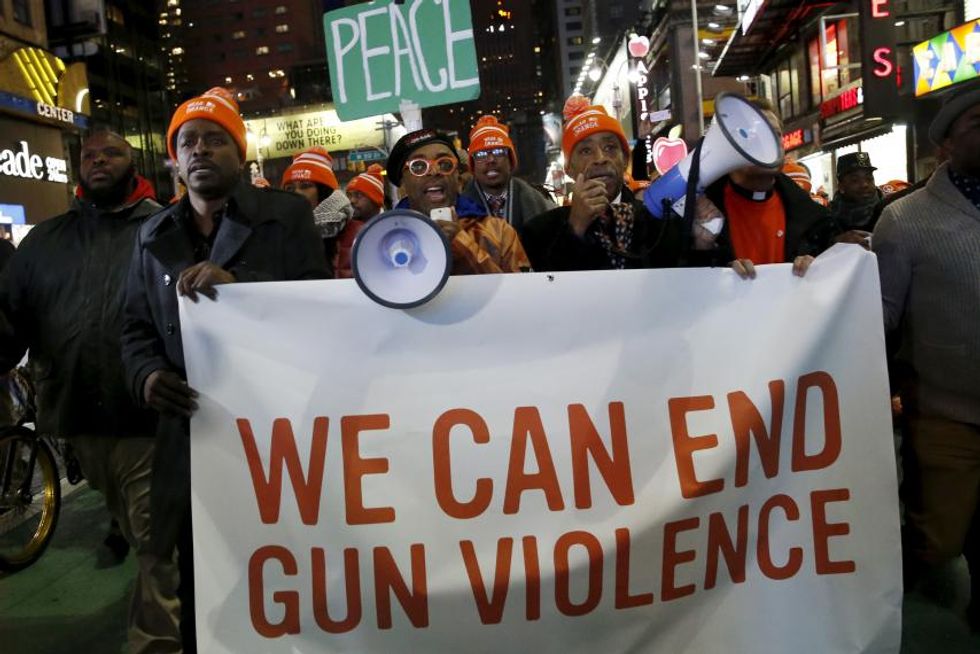Throughout my life, I have always been strictly anti-gun. Growing up in the suburbs of Minneapolis, I hardly knew anyone owning a gun, except maybe a friend in middle school who occasionally went hunting with her father up north. It seemed irrational to me, the very act of buying a gun emitting paranoia itself.
On the news, almost every month now, a new hashtag trends, carrying with it condolences and grief about yet another mass shooting -- 56 dead at a country music concert, 49 at a nightclub, 26 at an elementary school. Alongside these tragedies, spurts of anger and advocacy would rise up, demanding the government to do something to control who was able to obtain guns and how. I was one of these people, angered that nothing seemed to be happening on a subject that, to me, had such a blatantly obvious solution.
David Ropeik, an author and educator on the perception of risk and the communication of risk, says that “The gun control argument is about fears. Some people are afraid of themselves or others being shot. Some people are afraid of losing control over their lives in a deeper, broader, more comprehensive sense. That fear is deeper, and that fear is winning. Unless we validate that fear and respect it, it'll stay a battle with no solution."
I understand that some people see guns as a symbol associated with independence and power, an object giving a person the ability to fight against something larger or protect themselves against the unknown. But despite these fears that gun advocates have, the topic of gun control is something that needs to be seriously addressed by the government, because the current system we have now is not working. The prevalence and deadliness of gun violence will continue to plague American society. Thousands of innocent people are killed or wounded by guns every year, something that is unmatched in comparison to other countries with much stricter gun laws.
We do have some restrictions on who can purchase and obtain a gun (the Gun Control Act of 1968 prohibits minors, mentally disabled people, convicted criminals, and dishonorably discharged military personnel from knowingly being sold a gun). However Jonathan Master, a deputy editor of the Council on Foreign Relations, writes that “As of 2017, there were no federal laws banning semi automatic assault weapons, military-style .50 caliber rifles, handguns, or large-capacity magazines.” He goes on to note that, even despite the use of “bump fire stocks” (a device allowing semi-automatic rifles to fire more quickly, almost at the rate of automatic weapons) in the Las Vegas massacre this past October, there has been no change its regulation or accessibility to the public.
Banning all guns in the United States is not plausible. But our ability to discuss and address the fear dividing Americans is critical if we are to make lasting legislative change in the area of gun control.
We should not ignore the pro-gun argument, but we should also be careful. There is power in legitimization. If we accept the normalcy of mass shootings, we are passive. This cannot be allowed to continue. To break the cycle of gun violence we need comprehensive background checks, mandatory gun training classes, and stricter regulation of firearms. We see the effectiveness of stricter laws and regulations in other countries. Passing this kind of legislation brings results. Although United States may see itself as advanced, we lag significantly behind in this issue, and our people are suffering for it.
It’s time to make a change, America. Let’s not wait for another shooting to prompt us into action.












































